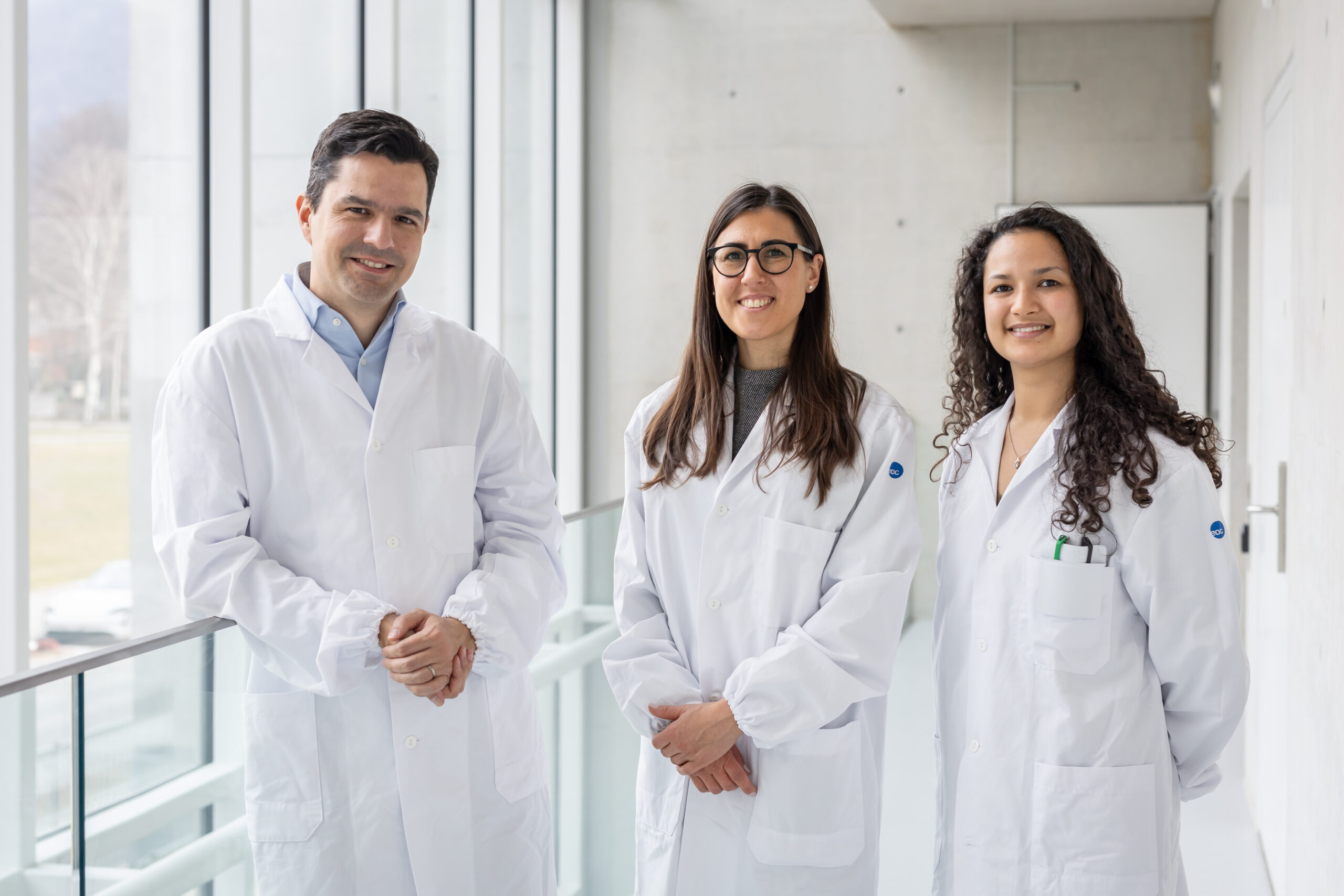The function of the kidney depends on the precise organization and coordination of more than 30 cell types, forming the functional units called nephrons. A variety of clinical conditions, such as diabetes, drug toxicity, and autoimmune diseases, can damage kidney cells and alter the balance necessary for the organ to properly function. Since the kidney loses the ability to generate new nephrons after birth, the maintenance of renal function after kidney injury depends on the compensatory adaptation of the remaining nephrons, and the ability of the kidney to repair damaged nephrons. Unfortunately, this process is often incomplete and can result in the persistence of altered cells and a dysfunctional tissue architecture, which contribute to the progression of renal disease towards renal failure. In this stage the kidney damage is irreversible, and the patient rely on dialysis or kidney transplant to survive. Our research aims to characterize and better understand the biological processes of kidney repair. The goal is to support functional tissue regeneration processes and prevent the progression to chronic kidney disease.

MOUSE MODELS
Our lab uses phenotypically and genetically characterized mouse models of transition of AKI to CKD, which mimic clinical conditions and allow to investigate adaptive and maladaptive repair. Transgenic mice can be implemented in our experimental strategy to perform functional validation of the identified targets.
TRANSLATIONAL MODELS
We focus on selected patient cohorts clinically well-characterized that have specific features enabling the study of precise aspects of the processes of kidney injury and repair.
SINGLE CELL TRANSCRIPTOMICS
Our lab established single-cell RNA sequencing based on the Drop-seq technology developed by 10x genomics to analyse frozen samples obtained from mouse models and importantly for our translational interest, from patients with AKI.
BIOINFORMATICS AND ARTIFICIAL INTELLIGENCE
Our laboratory employs computational approaches to analyse single-cell RNA sequencing data, investigate the cellular composition and the molecular responses in kidney repair. In collaboration with the Institute Dalle Molle of Artificial Intelligence (IDSIA), our lab is developing a computational pipeline which applies machine learning and statistical methods to exploit the relevance of single-cell RNA sequencing data in clinical settings.

Pietro Cippà
-
Anna Rinaldi
Scientist – Project leader
-
Cristina Torcasio
Laboratory Technician student
- Spatiotemporal Landscape of Kidney Tubular Responses to Glomerular Proteinuria. Faivre A, Bugarski M, Rinaldi A, Sakhi IB, Verissimo T, Legouis D, et al. J Am Soc Nephrol. 2024;35(7):854-69.
- A transfer learning framework to elucidate the clinical relevance of altered proximal tubule cell states in kidney disease. Legouis D, Rinaldi A, Malpetti D, Arnoux G, Verissimo T, Faivre A, et al. iScience. 2024;27(3):109271.
- SOX9 switch links regeneration to fibrosis at the single-cell level in mammalian kidneys. Aggarwal S, Wang Z, Rincon Fernandez Pacheco D, Rinaldi A, Rajewski A, Callemeyn J, et al. Science. 2024;383(6685):eadd6371.
- Taurine Deficiency Is a Hallmark of Injured Kidney Allografts. Rinaldi A, Cippa PE, Nemazanyy I, Anglicheau D, Pallet N. Transplantation. 2024;108(9):e218-e28.
- Targeting senescence induced by age or chemotherapy with a polyphenol-rich natural extract improves longevity and healthspan in mice. Zumerle S, Sarill M, Saponaro M, Colucci M, Contu L, Lazzarini E, et al. Nat Aging. 2024;4(9):1231-48.
- Impaired fatty acid metabolism perpetuates lipotoxicity along the transition to chronic kidney injury. Rinaldi A, Lazareth H, Poindessous V, Nemazanyy I, Sampaio JL, Malpetti D, et al. JCI Insight. 2022;7(18).
- Cell stress response impairs de novo NAD+ biosynthesis in the kidney. Bignon Y, Rinaldi A, Nadour Z, Poindessous V, Nemazanyy I, Lenoir O, et al. JCI Insight. 2022;7(1).
- Decreased Renal Gluconeogenesis Is a Hallmark of Chronic Kidney Disease. Verissimo T, Faivre A, Rinaldi A, Lindenmeyer M, Delitsikou V, Veyrat-Durebex C, et al. J Am Soc Nephrol. 2022;33(4):810-27.
- Single-cell transcriptomics identifies Mcl-1 as a target for senolytic therapy in cancer. Troiani M, Colucci M, D’Ambrosio M, Guccini I, Pasquini E, Varesi A, et al. Nat Commun. 2022;13(1):2177.
- Single-nuclear transcriptomics reveals diversity of proximal tubule cell states in a dynamic response to acute kidney injury. Gerhardt LMS, Liu J., Koppitch K, Cippà PE, and McMahon AP. Proc Natl Acad Sci USA.2021;118(27)
- A data-driven approach to identify risk profiles and protective drugs in COVID-19. Cippà PE,* Cugnata F,* Ferrari P, Brombin C, Ruinelli L, Bianchi G, Beria N, Schulz L, Bernasconi E, Merlani P, Ceschi A, Di Serio C. Proc Natl Acad Sci USA. 2021;118(1)
- Altered proximal tubular cell glucose metabolism during acute kidney injury is associated with mortality. Legouis D, Ricksten SE, Faivre A, Verissimo T, Gariani K, Verney C, Gallichon P, Berchtold L, Feraille E, Fernandez M, Placier S, Koppitch K, Hertig A, Martin PY, Naesens M, Pugin J, McMahon AP, Cippà PE*, De Seigneux S*. Nat Metabol. 2020; 2(8)
- A late B lymphocyte action in dysfunctional tissue repair following kidney injury and transplantation. Cippà PE, Liu J, Sun B, Kumar S, Naesens M, McMahon AP. Nature Communications 2019;1157(10)
- Transcriptional trajectories of human kidney injury progression. Cippà PE, Sun B, Liu J, Chen L, Naesens M, McMahon AP. JCI Insight. 2018;3(22).
- Balli Foundation
- Gianella Foundation
- Swiss Kidney Foundation
- NCCR Junior Grant
- EOC Junior Grant
- SNF SINERGIA Grant


